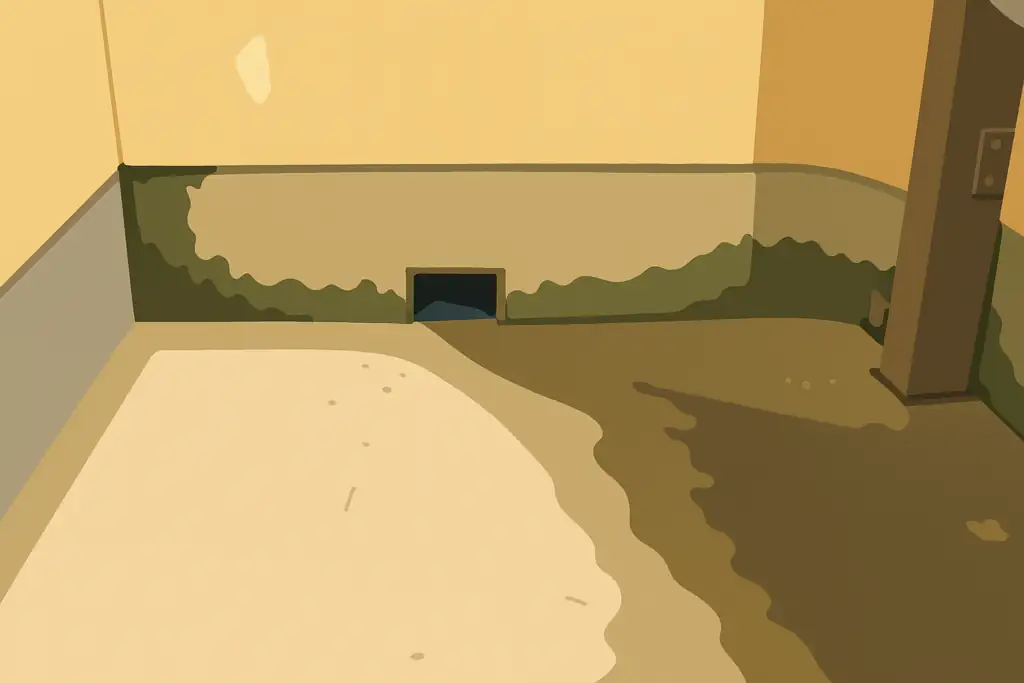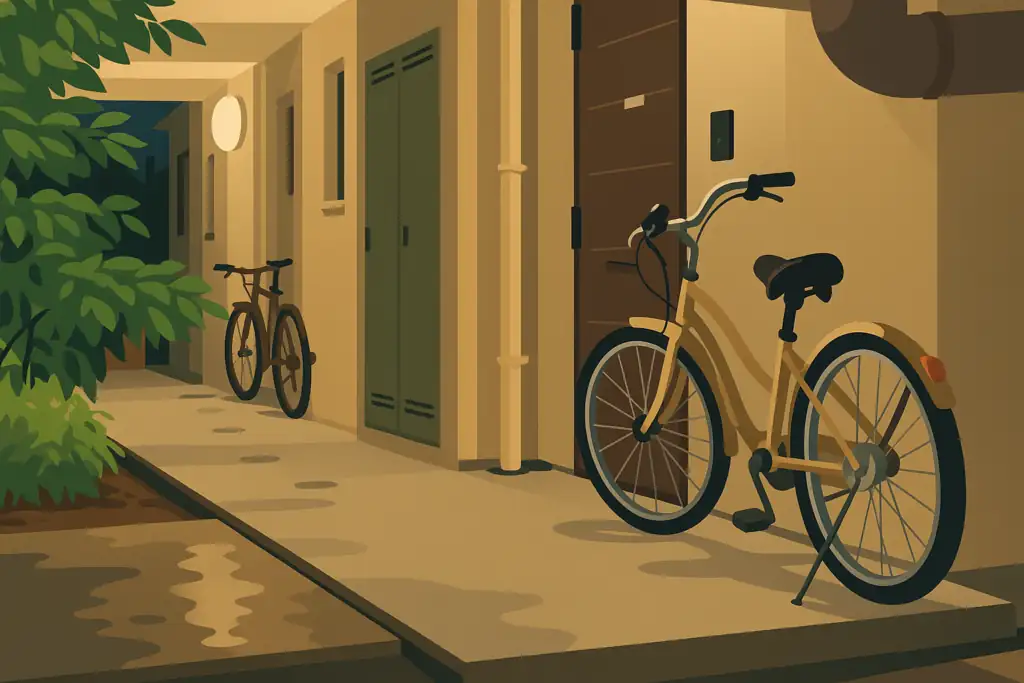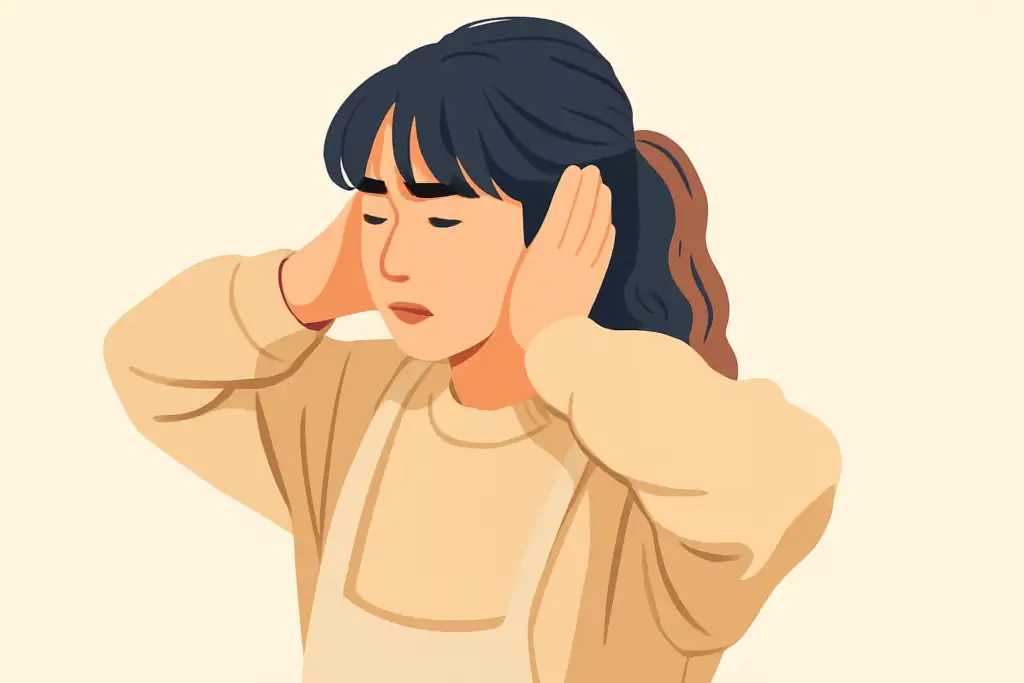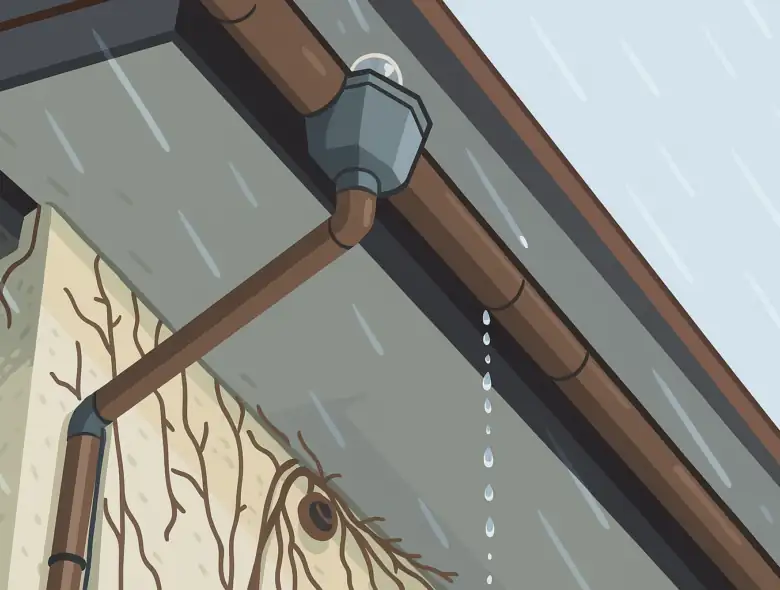If it happens to rain on the day of an apartment viewing, some people may question whether they can properly assess the condition of the place and might even consider rescheduling. While it is considered best to view apartments on a sunny day, rainy days can actually reveal issues that might otherwise go unnoticed.
That is why in this article, we will share five key points to check when viewing a property on a rainy day. Please feel free to use this article as a reference.
At Village House, we offer a wide range of affordable rental properties starting from just ¥20,000 per month. If you’re currently looking for a new place to live, be sure to check out our website!
Advantages of apartment viewing on a rainy day

Viewing a property on a rainy day is actually a great opportunity to assess its true condition. When viewing a property on a rainy day, it can reveal building defects that are easy to overlook on a sunny day, as well as issues that might end up causing you stress once you’ve already moved in.
For example, there are things that only become more noticeable in bad weather, such as the actual brightness inside the room, drainage issues, and how much outside noise can seep in. Now, let’s take a look at some key points to inspect when viewing a property on a rainy day.
① Room brightness on rainy days

Of course, you can’t expect sunlight when viewing a property on a rainy day. Rather, you’ll experience seeing the room at its darkest during the day. If the room feels reasonably bright even on a rainy day, then it can be considered a genuinely well-lit room.
In fact, if natural light still makes its way in and the room still feels bright even on a rainy day, chances are it will feel even brighter on a sunny day. Regardless of the weather, another thing you should always look out for is the view from the window. If there is a tall building right across or there is little distance between neighboring homes, sunlight will have a harder time getting in no matter the weather, and the room will tend to feel dim.
On the other hand, if the view outside the window is relatively open and unobstructed, the room is more likely to receive natural light even on rainy days, suggesting it may receive a good amount of sunlight overall.
② Traffic noise

In apartments and condominiums facing busy roads, the sound of cars passing by can be a concern. Especially on rainy days, the added sound of wet roads and the sound of tires splashing through water can make the overall noise level feel louder than usual.
Even if the noise doesn’t bother you on a sunny day, it’s not uncommon to feel surprised by how much sound carries when it’s raining. On the other hand, if the sound doesn’t bother you much when viewing the property on a rainy day, it’s likely you won’t be bothered by it in your daily life either.
If you’re sensitive to noise or value a quiet living environment, be sure to check how much traffic noise you can hear. It’s a good idea to actually close the windows and listen carefully to get a more accurate idea of how much sound reaches inside the room.
③ Drainage on the veranda and balcony

Verandas and balconies are one of the most important areas to inspect, especially when viewing a property on a rainy day. It’s important to check whether there’s an awning or cover, and if water drains properly. Things like puddles or poor drainage can only be noticed when it’s actually raining.
Even if an awning is installed, whether it actually protects against rain is another matter. For example, if the structure allows rain to blow in depending on the wind direction, it may not be suitable for hanging laundry.
Furthermore, verandas and balconies that do not drain properly and form puddles can lead to minor but persistent frustration. That’s why it’s a good idea to inspect this area carefully when it’s raining.
④ Condition of common areas

Just like the balcony, shared areas such as hallways, staircases, and entrances are especially worth checking on a rainy day. You can only check whether the common areas are covered, how well they drain, and if puddles form when it is actually raining.
Moreover, rainy weather also reveals how common spaces are used by residents. For instance, you might notice umbrellas hanging on fences or railings, or left folded in the hallway—small details that give you insight into how the residents treat the common areas.
These seemingly minor day-to-day scenes are actually valuable sources of information that can tell you a lot about how well the building is maintained and how well-mannered the residents are. For instance, if personal belongings are not organized and scattered around in the common areas, it might raise concerns about crime prevention as well as safety issues.
It’s hard to tell just from a viewing whether the residents are well-mannered or not. That’s why viewing on a rainy day can offer a fresh perspective—giving you a glimpse into the building’s “real daily life” that might otherwise go unnoticed.
⑤ Everyday noise from neighbors

After moving in, many people find themselves unexpectedly troubled by how much noise they can hear from their neighbors—whether it’s from next door or the floors above or below. Noise from everyday life is one of the most common issues that directly impacts your comfort at home.
On rainy days, many people tend to stay indoors and avoid going out, which naturally increases the likelihood of indoor sounds. In other words, this makes viewing on a rainy day the perfect opportunity to get a more realistic experience of how much everyday noise you can hear.
If you can clearly hear things like conversations, footsteps, or the sound of a TV during your viewing, it could be a sign that the building has poor sound insulation. And if you can hear your neighbors that clearly, there’s a good chance your own sounds will also carry into their units.
Even if you don’t plan on playing musical instruments or making loud noises, everyday sounds can still become a source of complaints if they echo more than expected. That’s why it’s a good idea to use a rainy day viewing as a chance to evaluate the building’s soundproofing during daily life situations.
At Village House, there are no security deposits, key money, handling fees, or renewal fees. Plus, you can receive cashback support for up to ¥30,000! Please feel free to reach out to us anytime.
※ Depending on the contract details and screening results, a security deposit may be required.
※ Some properties are not eligible for cashback support.
Related articles:

Hello, I’m Machiko Doi, a freelance writer who writes about housing and living in Japan.
I live in an 80-year-old house that I inherited from my grandparents along with my two shelter cats and daughter.
We live a relaxed life while repairing the house.
I like to cook vegetables from the garden and fresh fish caught by my father, and enjoy them with cold beer on a hot day or hot sake on a cold day.



